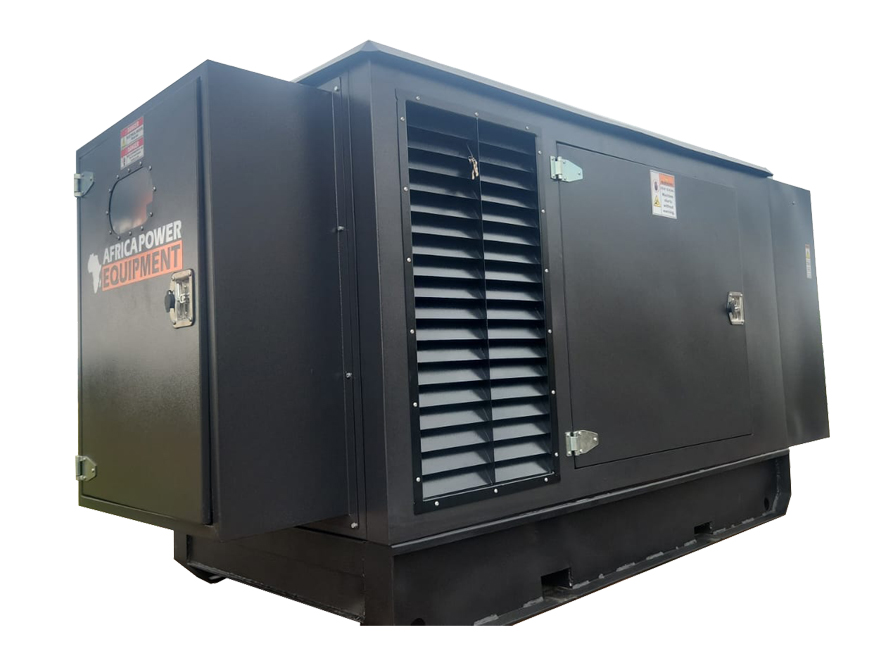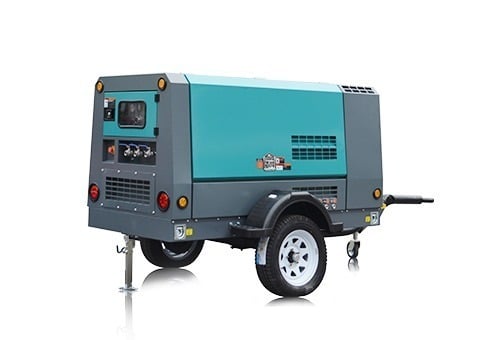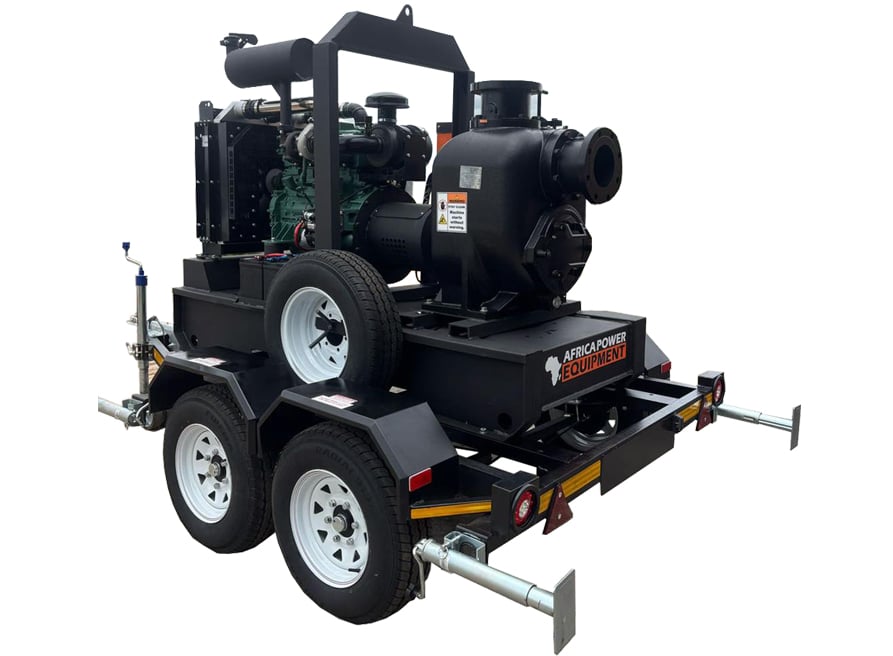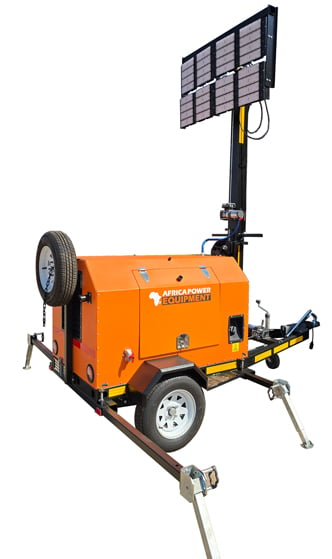Are There Government Subsidies or Incentives for Solar Power in South Africa?
As South Africans look for ways to escape rising electricity costs and chronic load shedding, solar power systems are becoming a highly attractive option. But one big question remains:
💰 “Are there any government subsidies, tax rebates, or incentives available for installing solar in South Africa?”
The short answer is yes, there are several support mechanisms — although they’re limited and vary by user type (residential vs business).
In this article, we explore current government solar subsidies, tax incentives, financing options, and municipal rebates available in South Africa.
🇿🇦 1. Government Solar Incentives (2024/2025)
The South African government has acknowledged the critical role of renewable energy and has introduced targeted incentives to encourage solar adoption — especially for individuals and companies investing in solar infrastructure.
🧾 Section 12B – Tax Incentives for Businesses
Businesses can deduct 100% of the cost of qualifying solar PV systems in the first year of installation under Section 12B of the Income Tax Act.
-
Applies to solar systems up to 1MW
-
Includes cost of solar panels, inverters, batteries (for storage), and installation
-
Great for SMEs, farms, factories, and offices
✅ Benefit: Immediate capital deduction = significant reduction in taxable income
🧾 Solar Tax Rebate for Individuals (Now Closed)
In 2023, the government offered a 25% tax rebate (up to R15,000) for individuals purchasing new solar panels (excluding inverters or batteries).
📆 Status: This was a once-off incentive, which expired in February 2024 and has not been renewed as of June 2025.
🏛 2. Municipal Solar Support & Feed-In Tariffs
Some South African municipalities have introduced net metering or feed-in tariffs, allowing households or businesses to sell excess solar power back to the grid.
✅ Municipalities with Feed-in Options:
-
City of Cape Town: Pays households R1.12/kWh for exported solar power (plus 25c incentive)
-
City of Ekurhuleni: Offers grid feedback at variable rates
-
City of Johannesburg (CoJ): In pilot stages for small-scale embedded generation (SSEG)
-
Nelson Mandela Bay: Has enabled grid feedback for compliant systems
⚠️ You must register your system with the municipality and install grid-tied compliant inverters.
💸 3. Solar Financing and Green Loans
While not direct subsidies, many banks and finance providers now offer green energy financing and low-interest solar loans.
Examples:
-
FNB EcoEnergy Loan (bundled with home loan)
-
Standard Bank LookSee Solar Finance
-
Absa Green Energy Loan
-
Capitec Home Improvement Loans (solar-inclusive)
These options:
-
Reduce upfront cost barriers
-
Help spread payments over 3–7 years
-
May include installation, panels, inverters, and batteries
🤝 4. Private and NGO Support Programs
Various non-governmental initiatives have also emerged:
-
PowerPulse by Nedbank: For commercial and industrial solar procurement
-
GreenCape: Provides technical support and policy insight for businesses going solar
-
SANEDI (South African National Energy Development Institute): Occasionally supports research-backed pilot projects
🔍 Some rural and agricultural grant schemes may fund solar-based water pumps and off-grid electrification.
⚙️ 5. Requirements to Qualify for Solar Incentives
Most government or municipal solar benefits require:
-
Compliance with SSEG regulations
-
Installation by certified installers
-
Registration with the local municipality or NERSA (where applicable)
-
Use of approved equipment (e.g., NRS 097-2-1 compliant inverters)
Always confirm requirements before installing to ensure your system qualifies for rebates or net metering.
✅ Summary: Current Solar Support in SA (2025)
| Incentive | Who Qualifies | Type | Status |
|---|---|---|---|
| Section 12B | Businesses | 100% tax deduction | ✅ Active |
| 25% Rebate for Panels | Individuals | Tax rebate (R15k cap) | ❌ Expired |
| Net Metering | Registered households | Sell excess power | ✅ Varies by city |
| Green Loans | Individuals, SMEs | Solar financing | ✅ Available |
| NGO Projects | Rural/agricultural users | Grants, pilots | ⚠️ Limited availability |
🔗 Related Articles
🏁 Final Thoughts
While broad solar subsidies in South Africa remain limited, businesses benefit greatly from Section 12B, and municipal feed-in programs are making rooftop solar more rewarding for households.
Keep an eye on local policy updates, and consider financing if upfront costs are a concern. Solar power is a long-term investment — and every watt generated off-grid puts you one step closer to energy freedom.





